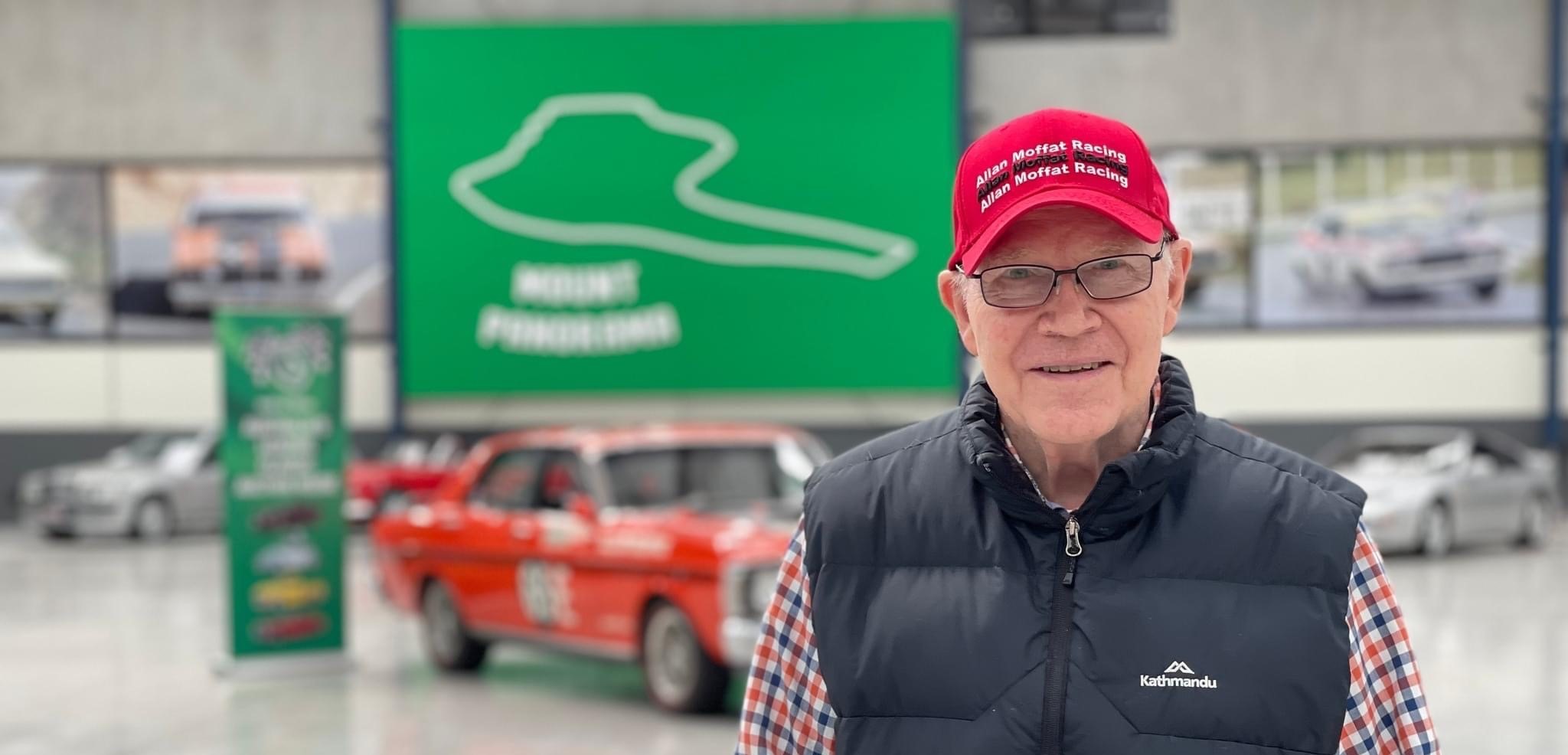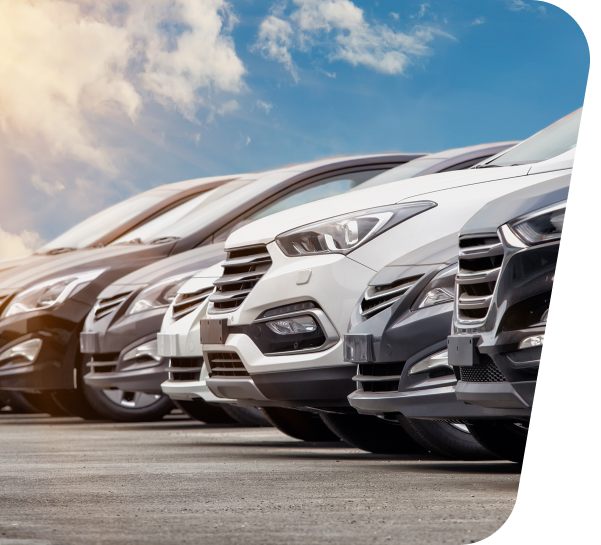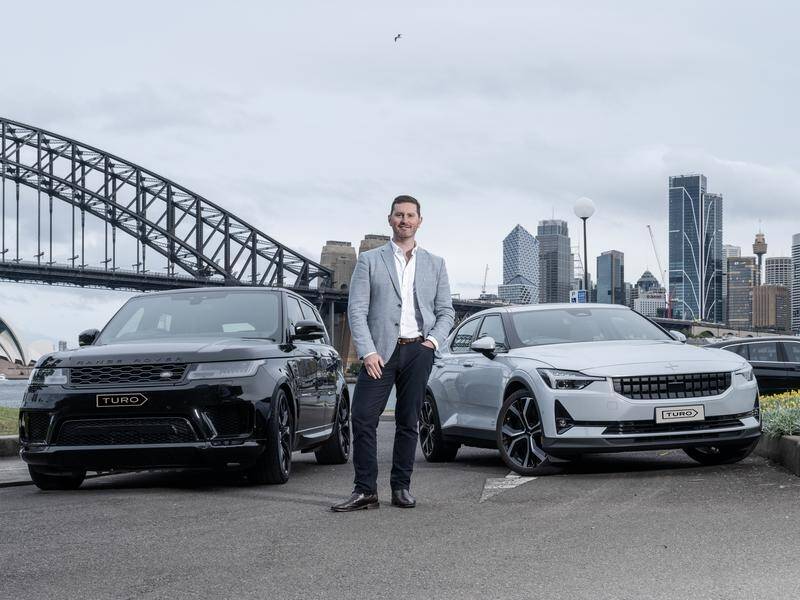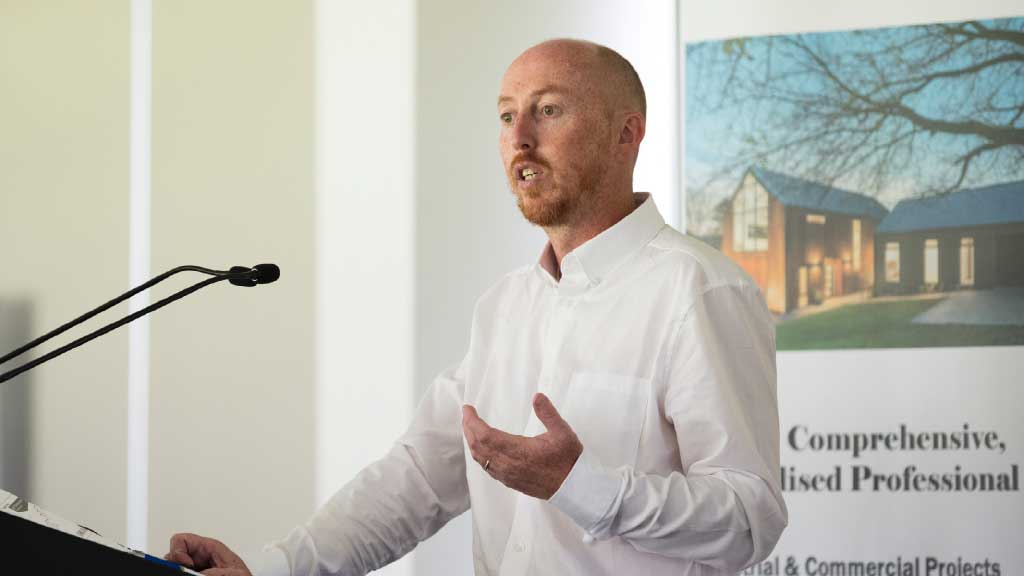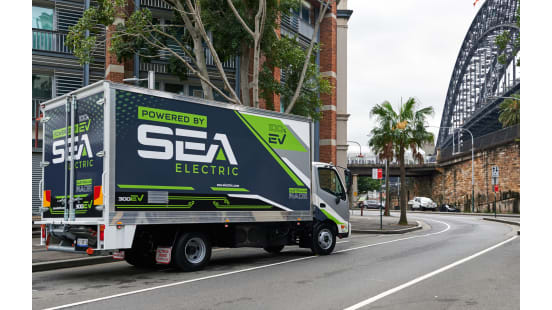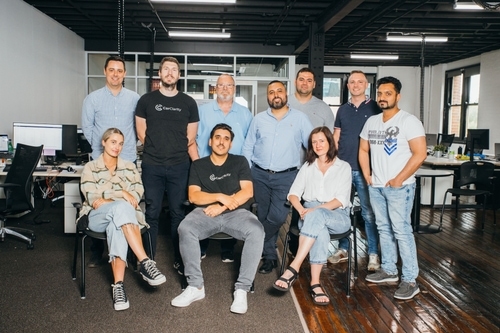EV manufacturers’ moves towards subscription models ‘will change the automotive industry’ – Whitmore
TESLA’s novel and innovative approach to sales, marketing and loyalty with owners and potential owners has disrupted the automotive industry globally – and virtually – almost from day one.
Ben Whitmore, the chief marketing officer at automotive ‘subscription’ innovator, Brisbane-based eCar Subscription, sees Tesla’s latest leanings into the subscription models – many pioneered by the US tech. sector – driving other auto manufacturers to follow the lead.
“Tesla and BMW’s shift into subscription-based models represents a significant transformation in the automotive industry, as it fundamentally alters the traditional vehicle ownership experience,” Mr Whitmore said. 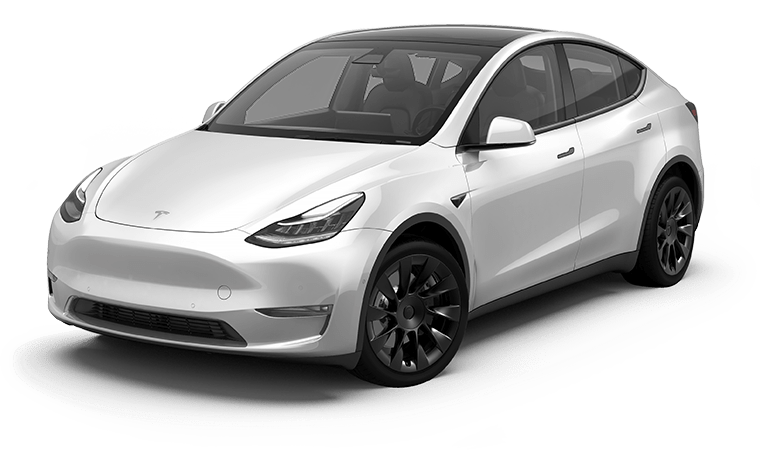
“We believe that this trend will likely lead to broader adoption with manufacturers, as it allows them to create ongoing revenue streams, while offering their consumers access to advanced features and services without all the hefty upfront costs.
“However, this approach could create further barriers for Australian consumers, potentially obstructing the adoption of EVs at a time when the market is already facing challenges.
“By pushing for subscriptions, manufacturers risk alienating potential buyers who might feel that they are not getting the full value of their investment, which could cause complications around EV adoption.”
EV resale values in question
Mr Whitmore warned this approach could affect the sell-on value of EVs, “which is already a major barrier for Australian consumers”.
“The shift towards subscription-based models for more advanced features in EVs could significantly impact the resale value of these vehicles,” Mr Whitmore said. “As manufacturers move towards limiting core functionalities to subscription fees, consumers may feel uneasy about purchasing a car that may not retain its full value over time.”
Mr Whitmore said the uncertainty of this market could “easily put off any potential buyers, as they’ll be less inclined to invest in a vehicle that could experience ongoing costs beyond the initial purchase price”.
“This hesitancy can be linked to new Australian data that shows used EVs have below-average resale values and spend longer on the market. This decline in value, particularly when compared with the broader market, raises concerns about EVs as investments, complicating Australia’s transition to EVs.
“Combined with existing worries over resale value, this could hinder broader adoption.”
Broad impact on auto sector
Mr Whitmore said the wider automotive industry will be impacted in many ways, ranging from car subscription services to rideshare and beyond.
“The shift towards subscription-based models in the automotive industry, particularly with manufacturers like Tesla and BMW, could significantly reshape consumer expectations and purchasing behaviours,” he said.
“As basic functionalities become locked behind ‘paywalls’, consumers may feel disillusioned with the initial cost of electric vehicles (EVs), leading to a decline in overall demand.
“This trend could create a ripple effect across the industry, pushing more manufacturers to shift away from traditional ownership. As consumers face rising living costs, they want more flexibility and are increasingly reluctant to commit to long-term financial plans, particularly when vehicle ownership brings risks like depreciation, maintenance, and fluctuating resale value—especially for electric vehicles (EVs).
“In this environment, purchasing a vehicle outright is losing its appeal, making subscription models a more attractive alternative.”
Challenges for rideshare companies
But this shift could also create challenges for rideshare companies, which are often early adopters of EV technology. 
“As the cost of EV subscriptions rises, these companies may pass those expenses on to consumers, leading to higher ride prices and potentially stalling the adoption of EVs in rideshare fleets, where their environmental impact could be significant,” Mr Whitmore said.
“For Australian consumers already cautious about the financial burden of EVs, rising subscription fees could worsen adoption barriers.”
Ben Whitmore is the CMO for both eCar Subscription and owner East Coast Car Rentals, developing flexible and tailored plans to suit individual and business automotive needs.
ends

 How to resolve AdBlock issue?
How to resolve AdBlock issue? 